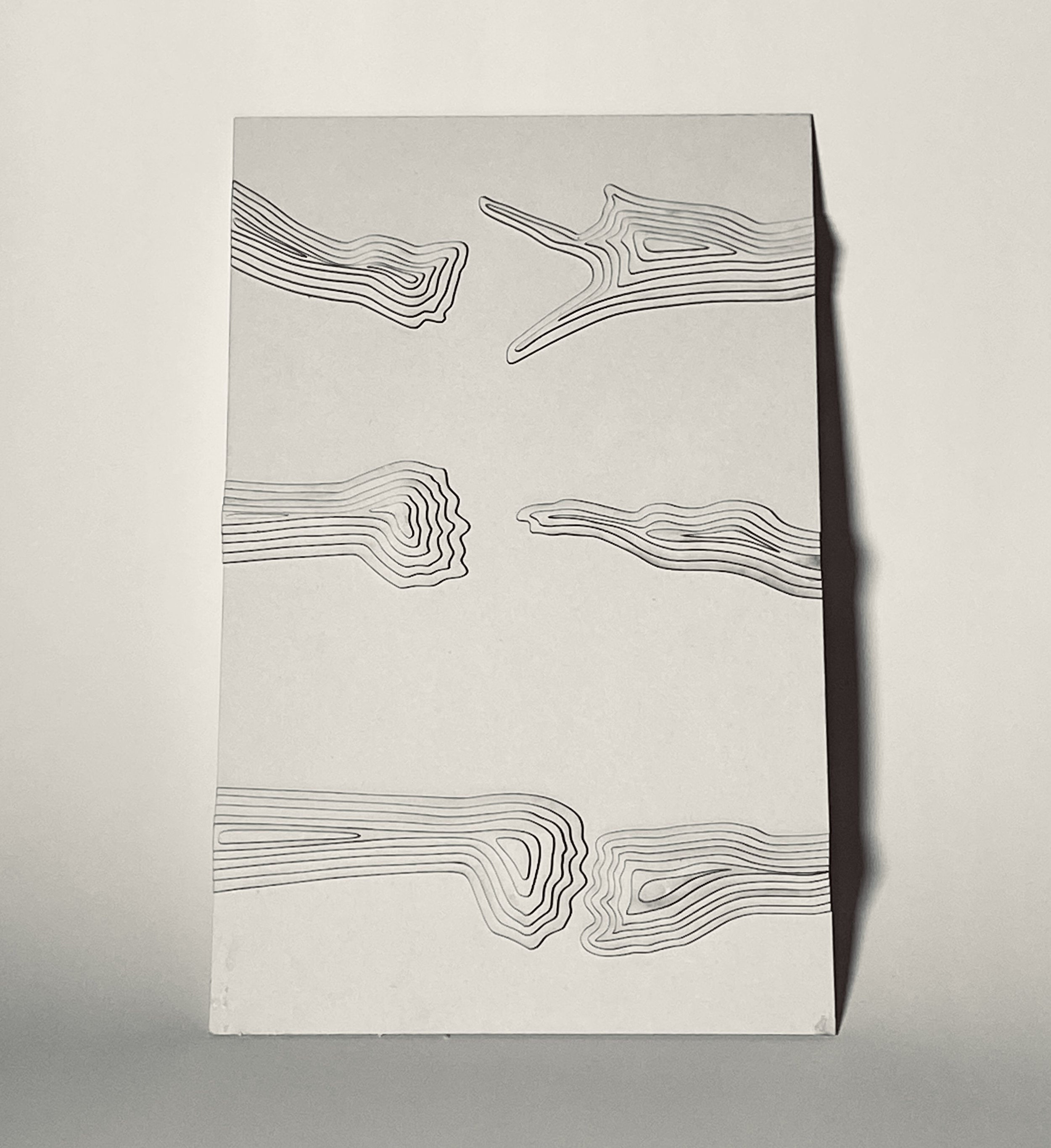Rock, Paper, Scissors A children’s game like rock, paper, scissors holds a certain clarity: you know who’s in, who’s playing, and what the rules are. The stakes are low—whether with a friend or a stranger, all it takes is a mutual nod, a simple yes. As children, many of us played games freely with anyone, without hesitation or precondition.
rockpaperscissors—a quick, rhythmic loop of invitation and response. There’s something beautifully universal about children’s games: they’re portable, adaptable, and open. All they require are shared rules and a willingness to engage. A game becomes a temporary social space—simple, but profound in its openness.
Borders, too, involve rules, players, and boundaries—but with very different consequences. Like games, borders delineate who is in and who is out. But unlike the fluid, inclusive nature of childhood play, borders are often rigid, exclusionary, and unevenly enforced. The rules may be arbitrary or inconsistently applied, but the outcomes—displacement, denial, violence—are all too real.
Borders are maintained through surveillance, policing, and violence. These are not abstract consequences—they are daily realities for millions of people around the world. The rules that govern borders are not applied equally, and who gets to move freely is shaped by race, class, nationality, and power.
What if we imagined borders with the same openness and spirit of invitation that defines children's games? Not as fixed lines of division, but as points of encounter, negotiation, and movement. Not erasing the need for boundaries, but questioning the hostility that so often surrounds them.
Where games rely on consent and inclusion, borders often rely on enforcement and exclusion. Yet both create distinctions—between those who are allowed in and those who are kept out. This resemblance, though symbolic, offers an opportunity: to reimagine borders not as barriers, but as spaces of potential—porous, evolving, human.
We must handle borders with care. They are not just political constructs; they are human stories in motion. Migration, exchange, and crossing have always shaped our shared world. We are too quick to other, too eager to separate. The seriousness with which we guard our divisions might benefit from the gentle wisdom of childhood—of saying yes to a game, yes to another.
Spring, 2023
Yale University
Professor Bimal Mendis
Scales of Design


